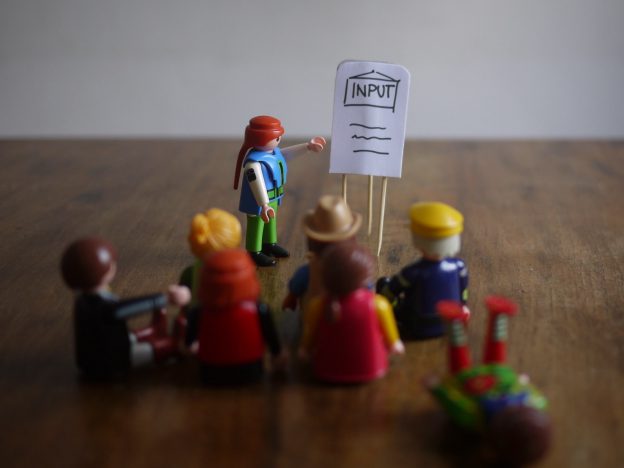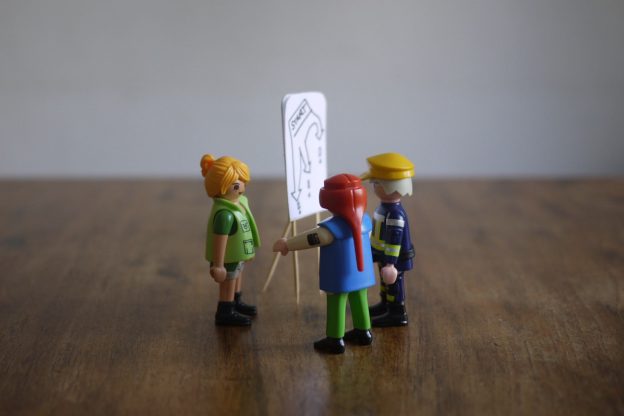Digitale Kulturangebote in Zeiten der Ausgangsbeschränkung

Könnt ihr euch noch erinnern? Es war einmal eine Zeit, noch gar nicht lange her, da gab es eine Menge digitaler Kultur zu entdecken (hier findest du sie). Täglich ploppten neue Angebote auf, eine originelle Online-Veranstaltung jagte die andere. Es schien kaum möglich, für alles Interessante überhaupt Zeit zu finden. Der Bedarf kam recht abrupt zum Erliegen, war es doch wieder möglich, „richtig“ ins Theater oder Museum zu gehen.
Weiterlesen






